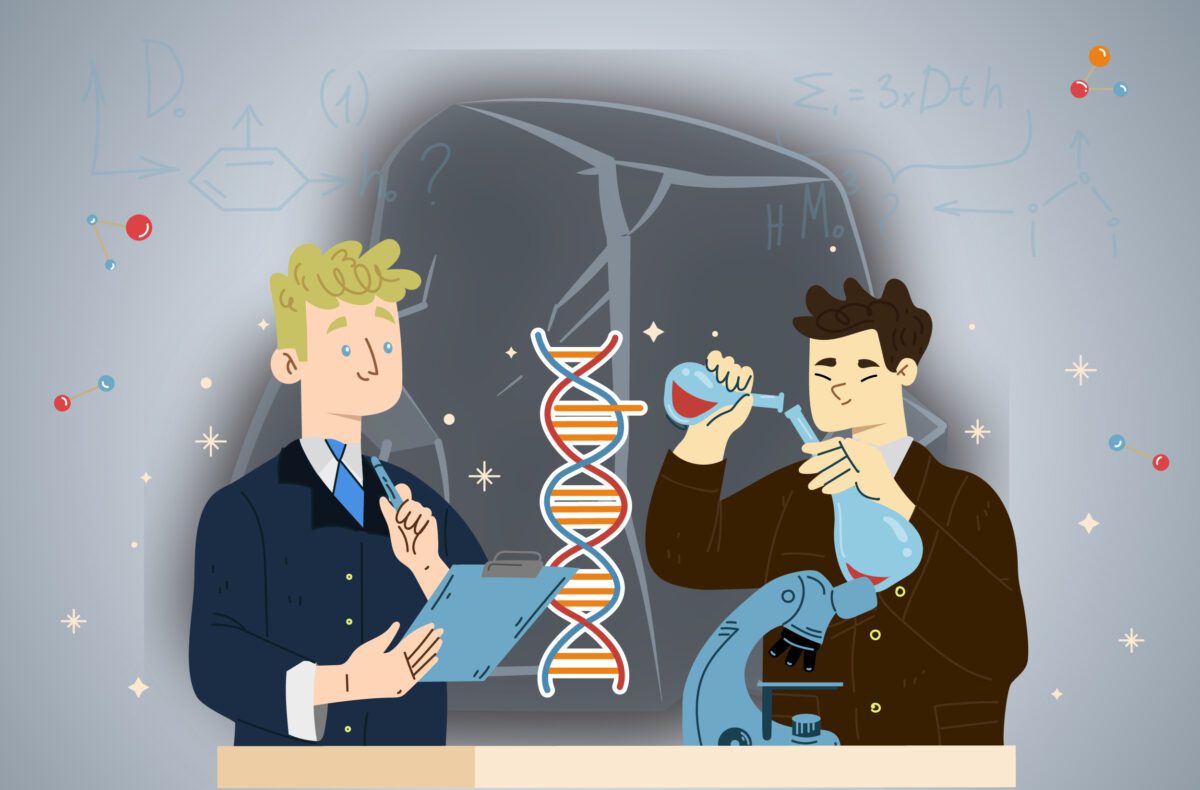
Illustration by Sarameeya Aree
Nasty people always end up miserable.
That’s what the late, great satirist Auberon Waugh (1939-2001) wrote 25 years ago.
At the time, when I was in my 20s, I didn’t believe him. I saw that my nasty contemporaries— because they were more aggressive and demanding—got what they wanted: the pay raise; the haggling over tiny discounts, that corner office with the view over the Thames.
But, 25 years on, the nasty ones haven’t prospered. That dotcom idea they dreamt up crashed and burned. Yes, their ambition got them in early on the dotcom boom, but their selfishness and lack of curiosity meant their ideas were invariably terrible. Eventually, their employers tired of their incessant demands for more money and perks, and they got sacked from multiple jobs.
Meanwhile, more affable—and talented—contemporaries prospered. They’ve tended to stay in the same job for longer because they get along with the people alongside them. Their gentleness and natural curiosity have made them more intelligent and knowledgeable: they ask questions rather than make grandiose statements.
The best writers are like this, too. On the rare occasions I’ve met Tom Stoppard, he always asks questions; and so, he learns more and more. Meanwhile, arrogant, second-rate writers tend to show off and repeat their favorite, self-serving stories: their fund of knowledge grows no bigger through these one-sided conversations. They live off the limited knowledge they acquired before their monstrous self-obsession mushroomed. Their arrogance and self-regard swells, and their books and plays get steadily worse as they feed off that dwindling kernel of knowledge.
I once met James Watson—as in Crick and Watson, the two men who identified DNA. He, too, asked me a series of questions rather than mentioning for a second that he’d made one of the great discoveries of the 20th century. Watson, who will turn 95 this April, did say that working in a pair had been crucial to discovering DNA. By asking each other’s questions and restraining each other’s follies, Crick and Watson had avoided going down rabbit holes, staying on the straight and narrow path towards their goal.
Affable people tend to stay married; steadily pay off their mortgages; avoid risky, doomed investments in cryptocurrencies and charlatans. In other words, nice guys finish first. And they end up happier. Auberon Waugh was right.
There’s a new expression that sums up their gentle, non-confrontational attitude: to “gray rock” means to remain calm and affable when people shout at you and insult you—i.e. to behave like a gray rock.
I think it’s a brilliant technique. I know when I shout and scream at people on my bike on the streets of London, it does me no favors. They shout and scream back at me—and sometimes threaten violence. After these confrontations, my heart rate rockets; my anger takes several minutes to calm down. How much better it is on the rare occasions I remember to gray-rock nasty drivers: to ignore them or pull off the masterstroke: apologize to them even when they’re in the wrong.
When a tiny number of contributors are tricky at the Oldie, the magazine I edit, I’m always calm in response—and it almost always works. The argument never escalates and I usually end up getting my way. If you’re nice in the face of their anger, the row never escalates; the temperature never rises beyond the level of their first heated comments. It’s also the case that talent leads to genuine confidence and calmness, while lack of talent leads to insecurity and the need to cover up that lack with shortcuts, often including nastiness and lying.
The best, most talented contributors at the Oldie never complain about minor changes to their articles. They know that a second pair of eyes—even those with less acute abilities, like mine—always helps an article. Other people will notice mistakes or omissions the writer will have missed.
Of course, it’s sometimes hard to maintain this equanimity in the face of extreme provocation. When I’m on my bike and I manage to gray-rock an aggressive driver, I’m calm on the outside but raging on the inside. A top-level gray-rocker will feel calm on the inside, too. But, on the road to top gray-rock status, getting halfway there is pretty effective: the rage inside dies down much more quickly if you haven’t raged on the outside.
Of course, there are exceptions to the Nice Guy Finishes First rule. Angry, pushy types do make it to, say, the Oval Office. And some people are so very nice and self-effacing that they never even apply for that job they would excel in if they did.
The ultimate gray-rocker does move a little more than an actual gray rock. But slow, tortoise-like movements are enough: they will still beat the nasty, greedy hare in the end.

